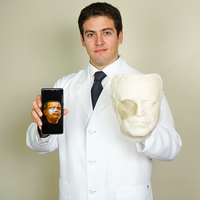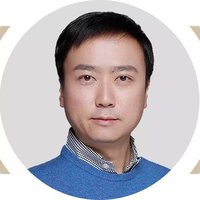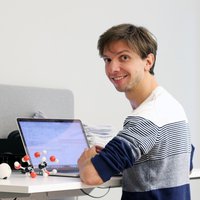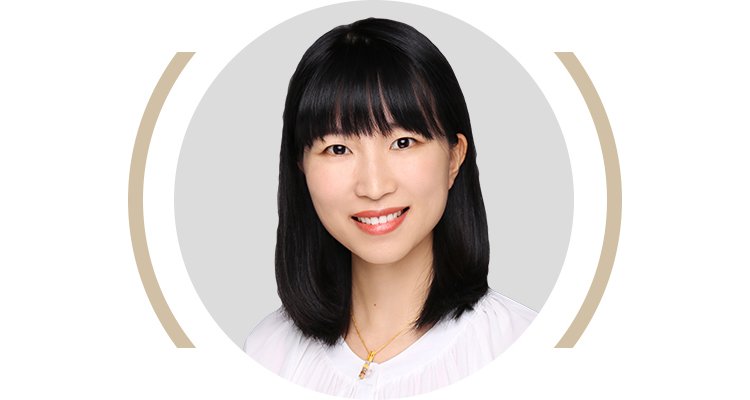Biotechnology & medicine
Yangyang Shao
Helping create the functional single-chromosome yeast

Global
Alice Zhang
Using machine learning to identify new treatments for Parkinson’s and Alzheimer’s.

Latin America
Rodrigo Salazar
He has democratized access to maxillofacial prostheses with smartphones and 3D printers

China
Dong Li
Super-resolution imaging techniques that allow cell biologists to probe cell structure and function in previously unattainable detail

Europe
Francesco Gatto
His liquid biopsy based on the metabolism could quickly predict the evolution of several types of cancer and fine-tune treatments
